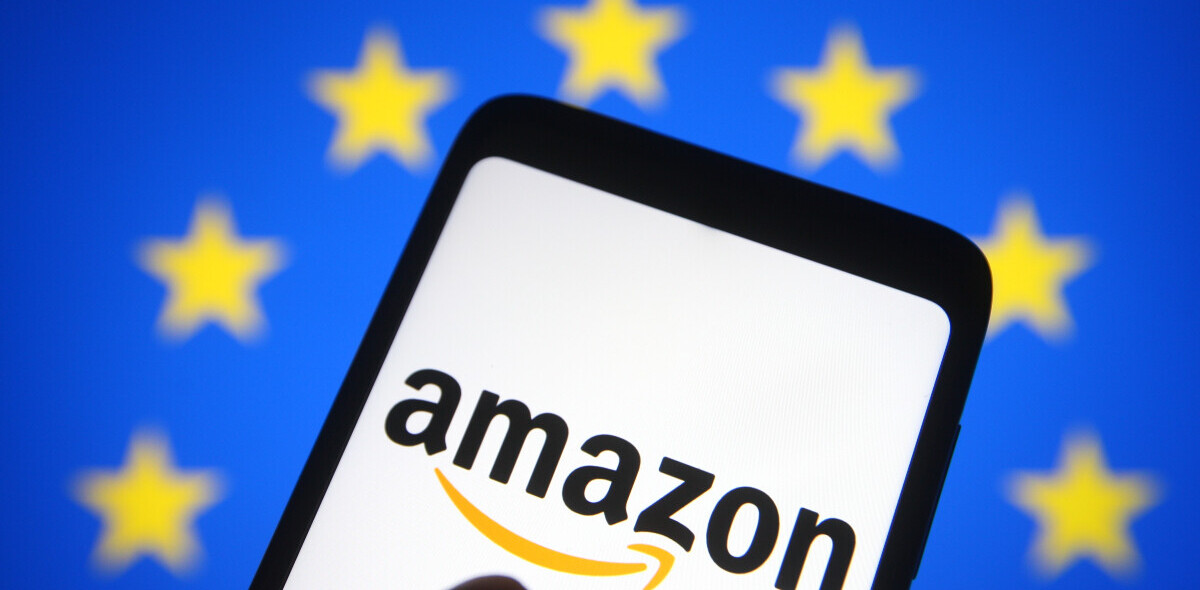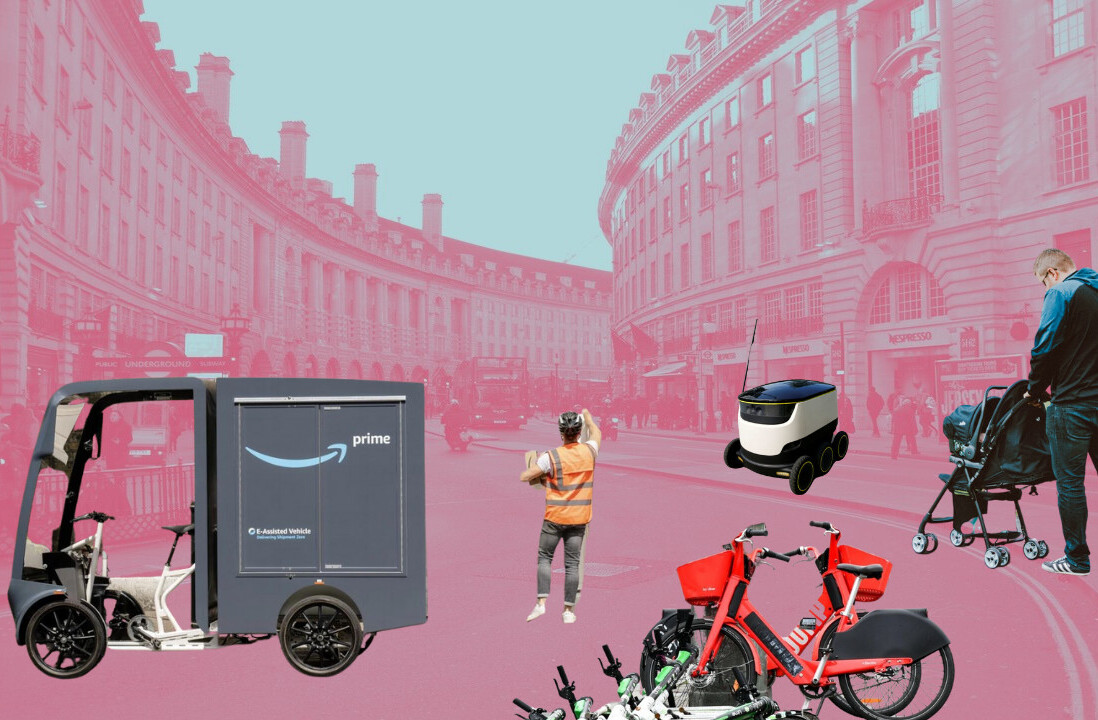
According to Reuters, Amazon is ready to expand its AmazonFresh grocery delivery service to Los Angeles and the San Francisco Bay Area in 2013, and, provided that those tests go well, 20 new markets in 2014. It won’t be alone in the Bay Area, where local firm Instacart has been quickly growing its own rival platform.
Citing sources that lacked permission to speak publicly, Reuters notes in its post that Amazon’s Los Angeles introduction could come this week, while its expansion to the Bay Area might not kick off until later in the year.
This move comes at an auspicious time for grocery delivery, as local San Francisco firm Instacart has finally embarked on a mission of expanding the number of markets that it serves. However, its first round of expansion kept it inside of the Bay Area itself; Amazon will beat it to prove its model in more than one urban area, once it heads to Los Angeles.
In a sense, both firms have been working single markets, breaking ground and demonstrating a fact: grocery shopping simply isn’t a popular activity. I spoke last night at a dinner with a fellow techish person, and he claimed that while he had seen a place in his life for grocery delivery, he felt that Instacart would have a small footprint; how many people could be like him? As it turns out, quite a few.
In an arms race between Amazon and Instacart, Amazon has the financial muscle to act aggressively. TNW reached out to Instacart for comment on the news that Amazon is likely heading to its market beachhead, and the company’s CEO and founder Apoorva Mehta, who provided TNW with the following statement:
Amazon’s addition to the landscape is a great validation for what Instacart is building. There are three things that customers want: wide selection, speedy deliveries and price competitiveness. Given that Instacart sources inventory from stores and brands from all across the city (TJs, Whole Foods, Safeway, Costco and more) instead of limiting it by the items in a single warehouse, we have a selection that is unmatched by any conventional online grocery business.
Additionally, since we use crowd sourced labor we are able to offer the 1 and 2 hour deliveries, that is just not possible with a conventional fleet of trucks model. And, finally our prices are very competitive if not the same as other online grocers. So while, we think that this development validates our demand, we have structural advantages that allow us to not only succeed, but also grow extremely fast.
It’s certainly true that Instacart has seen quick growth in its first market, and I can personally attest that after extensive personal use that its model is quick, and effective. However, it will likely need even stronger differentiating factors to keep Amazon at bay on its home turf. The market will decide. For now, Los Angeles, Amazon is coming.
Top Image Credit: lord enfield
Get the TNW newsletter
Get the most important tech news in your inbox each week.




